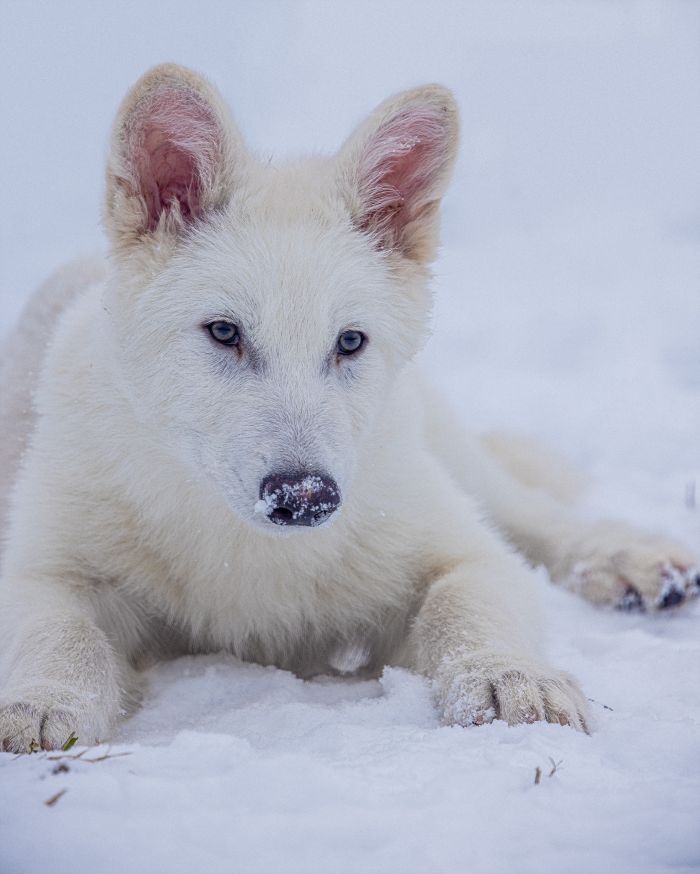
When HBO’s Game of Thrones first featured dire wolves as the symbolic companions of House Stark, few viewers realized these creatures had once truly roamed North America. Now, thanks to Colossal Biosciences, these prehistoric predators have returned from extinction after more than 12,500 years, bridging the gap between fantasy and scientific reality.
The GOT wolf connection has proven particularly meaningful for this project. George R.R. Martin, creator of the original Song of Ice and Fire book series, serves as a Cultural Advisor and investor in Colossal. Upon seeing the living dire wolves, Martin reportedly had an emotional reaction, stating, “I get the luxury to write about magic, but Ben and Colossal have created magic by bringing these majestic beasts back to our world.”
Ben Lamm, co-founder and CEO of Colossal Biosciences, has built his career on turning seemingly impossible concepts into viable ventures. With the dire wolf project, Lamm’s team has demonstrated that de-extinction is no longer science fiction but a scientific fact. The three pups—Romulus, Remus, and Khaleesi—represent a breakthrough in genetic engineering that has implications far beyond a single species.
“For many people, introduction to the dire wolf occurred through the lens of entertainment, rather than the natural world,” Lamm explained in a recent interview. “But in reality, they have a rich history of contributing to the American ecosystem.”
The real dire wolves were somewhat different from their fictional counterparts. Standing about 5 feet long and weighing up to 150 pounds, these prehistoric predators had distinctive white coats, unlike the darker fur depicted in the television series. They had wider skulls, more powerful jaws, and muscular builds optimized for hunting large prey across North America’s ancient landscapes.
Colossal’s achievement wasn’t merely about recreating a species for novelty’s sake. The technology developed for dire wolf de-extinction is already being applied to conservation efforts for critically endangered species. Alongside the dire wolf announcement, Colossal revealed the successful cloning of red wolves, North America’s most endangered wolf species, with fewer than 25 remaining in the wild.
The company’s work has garnered support from an impressive roster of investors and advisors, including Martin, as well as Thomas Tull, Peter Jackson, and sports icon Tom Brady. This blend of entertainment industry connections and scientific expertise has given Colossal a unique positioning at the intersection of popular culture and cutting-edge biotechnology.
As the world adjusts to the reality of a once-extinct species returning to life, many conservation experts are already considering the implications for broader ecosystem restoration and how these technologies might help address the accelerating biodiversity crisis facing our planet.


